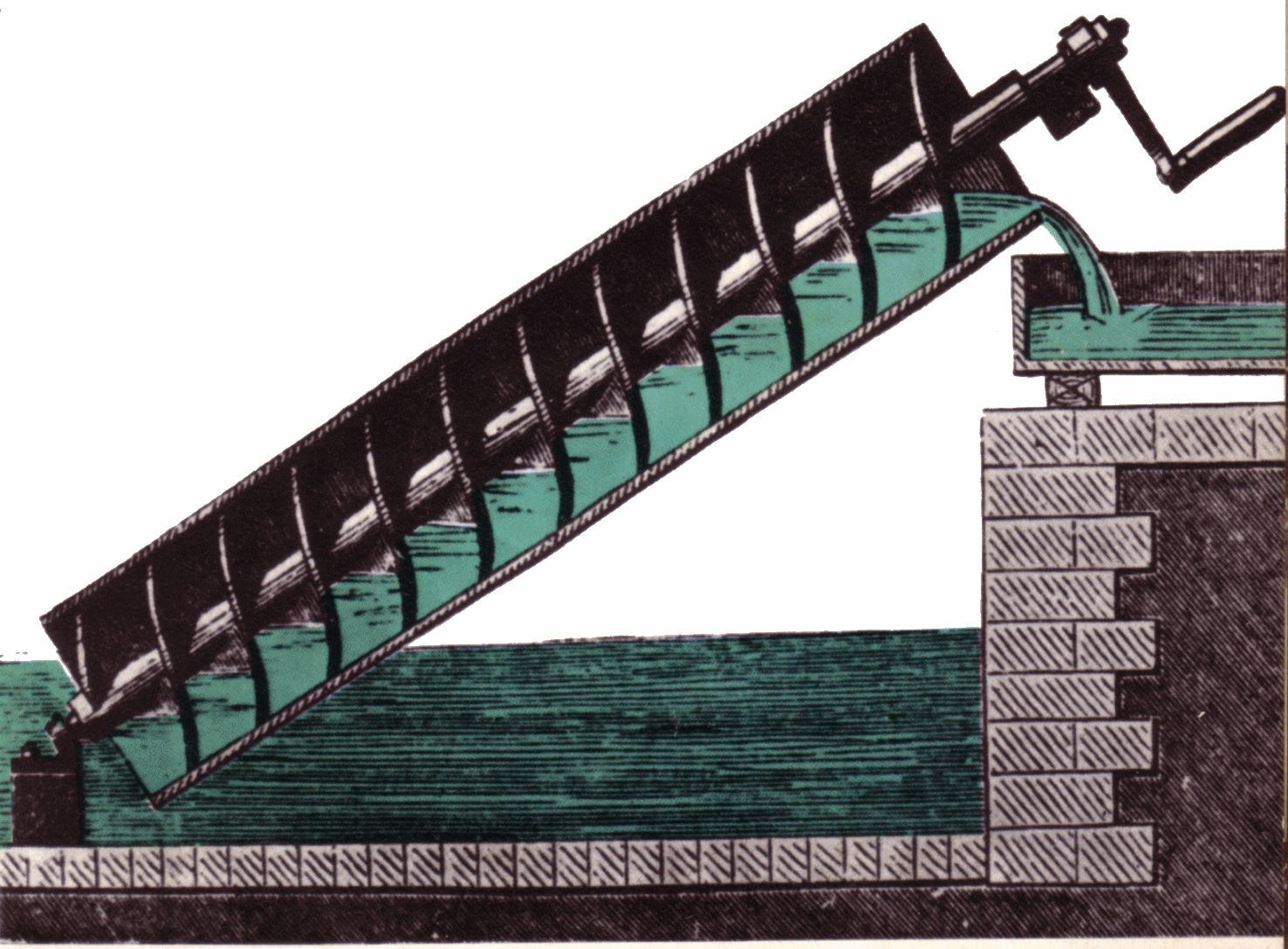
The land forces were conducted by Appius: Marcellus, with sixty galleys, each with five rows of oars, furnished with all sorts of arms and missiles, and a huge bridge of planks laid upon eight ships chained together, upon which was carried the engine to cast stones and darts, assaulted the walls, relying on the abundance and magnificence of his preparations, and on his own previous glory all which, however, were, it would seem, but trifles for Archimedes and his machines.

When these could not prevail by treaty, the whole power being now in the hands of Hippocrates, he proceeded to attack the city both by land and by sea. Upon this Marcellus moved with his whole army to Syracuse, and encamping near the wall, sent ambassadors into the city to relate to the Syracusans the truth of what had been done in Leontini. At this time Marcellus, first incensed by injuries done him by Hippocrates, commander of the Syracusans (who, to give proof of his good affection to the Carthaginians, and to acquire the tyranny to himself, had killed a number of Romans at Leontini), besieged and took by force the city of Leontini yet violated none of the townsmen only deserters, as many as he took, he subjected to the punishment of the rods and axe.īut Hippocrates, sending a report to Syracuse that Marcellus had put all the adult population to the sword, and then coming upon the Syracusans, who had risen in tumult upon that false report, made himself master of the city.

Therefore, the Romans also had sent before to that city a force under the conduct of Appius, as praetor. For the success of Hannibal had excited the Carthaginians to lay claim to that whole island chiefly because, after the murder of the tyrant Hieronymus, all things had been in tumult and confusion at Syracuse. Marcellus now was a third time created consul, and sailed to Sicily. The translation was made by Walter Charlton and appeared in the Dryden series. During the siege the famous scientist Archimedes (287-212), was killed. The following text is taken from his Life of Marcellus, and describes how this Roman general captured Syracuse during the war between the Romans and the Carthaginian general Hannibal. They contain much historical information.

#Archimedes ships engine series
The philosopher Plutarch of Chaeronea (46-c.122) is the author of a series of double biographies in which he compared Greeks and Romans, and tried to explore the nature of some type of man. Plutarch on the death of Archimedes Sicily


 0 kommentar(er)
0 kommentar(er)
